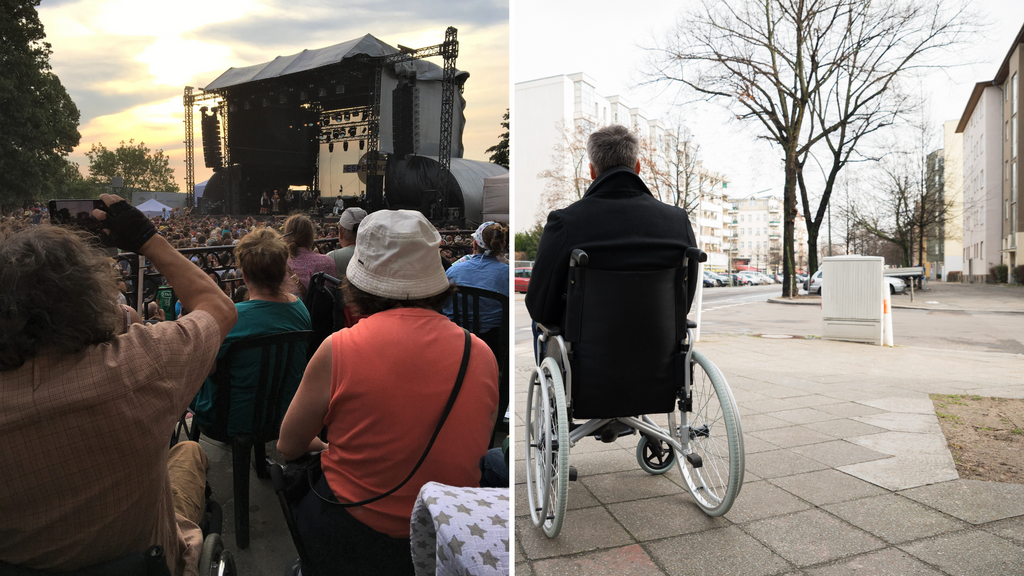In an effort to make Brussels more accessible for people with reduced mobility, a rising number of tourist hotspots have been awarded a label to inform people about their facilities.
The initiative run by visit.brussels, the Region's tourism promotion and communications agency, uses on the Access-i certification, a benchmark tool which informs people with specific needs about the accessibility of places that are open to the public, from tourist and sports facilities to parks and events.
In one year, an additional 38 tourist sites and accommodations in Brussels have been certified by Access-i. "Anyone coming to Brussels should be able to visit a museum, catch a concert or book a hotel room without any worries," said Minister-President Rudi Vervoort.
"A lot of the tourist infrastructure in our region is already adapted to the needs of everyone, but there is still room for improvement. With this certificate, we want to continue to promote inclusive tourism and encourage players in the tourism sector to adapt their infrastructure."
Royal Library and Mini Europe
Added to the list since last summer are 18 museums (including the Museum of Natural Sciences), as well as 15 tourist sites and 5 accommodations, such as the Royal Library of Brussels, Mini Europe, BELvue, Concert Noble, the Halles de Schaerbeek, Novotel Brussels City Centre and Pulmann Brussels Centre Midi.
Three events were also certified for the first time this year, including Belgian Pride, the Iris Festival and Bright Festival. Aside from helping people with specific needs access more of the region, the project also aims to raise awareness, support those who commit themselves to accessibility and stimulate the development of a more inclusive brand of tourism.
Related News
- Losing social tariff and more social benefits: What changes in Belgium on 1 July?
- Lack of regional help for people with autism in Brussels
Access-i has already audited and certified more than 500 locations in Wallonia and Brussels, and visit.brussels noted that, in the coming years, many more venues and locations will be added. Businesses and organisations that choose to apply for the label can also receive structural support to ensure the long-term accessibility of their establishment.
People with disabilities can also visit the handy.brussels website, which compiles the Brussels hotspots and provides information on how to get around the various infrastructures.
The website collects hundreds of sheets with a detailed plan with photos and a description in text and in audio for a large variety of locations, from parks, museums and town halls to restaurants, shops or theatres. Feedback can be provided via the website to share experiences on the accessibility of these places.

